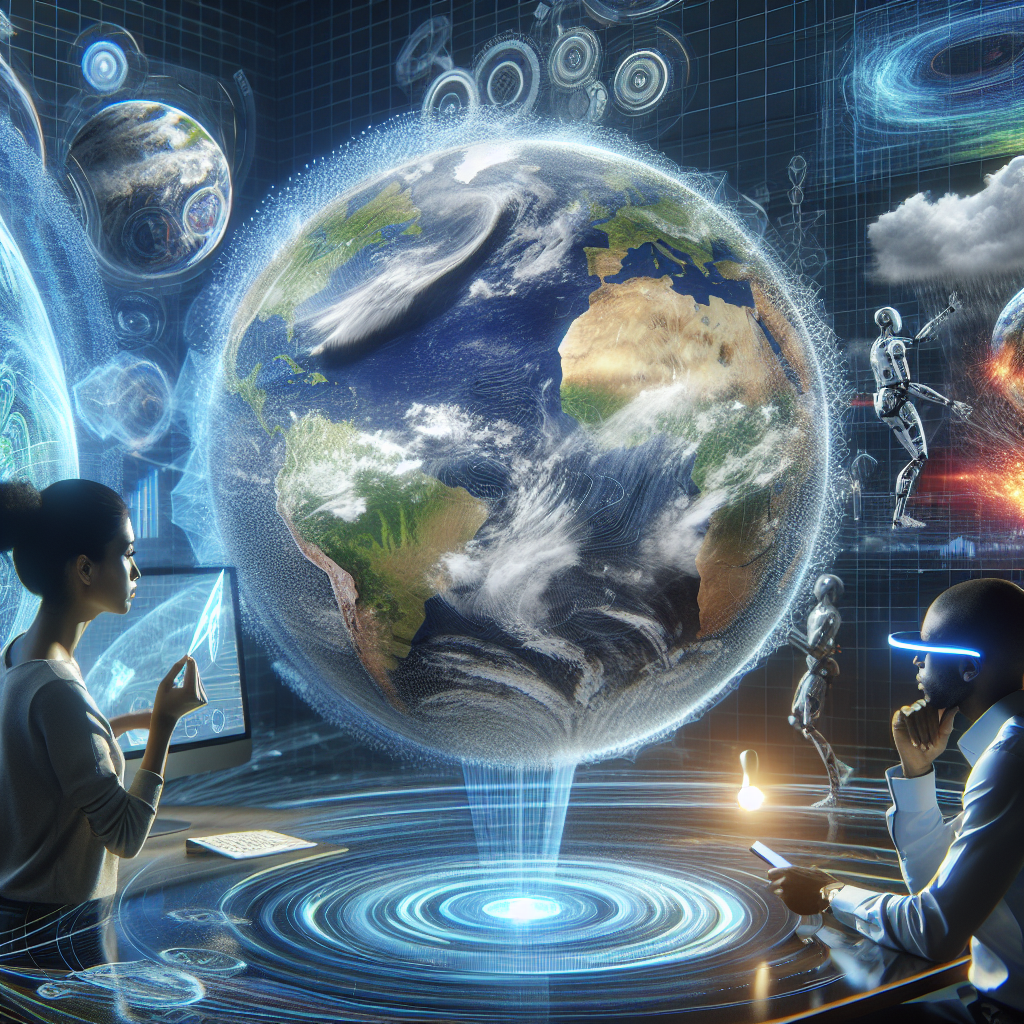.
Climate change decision making is a complex process that is subject to influence from various actors with different agendas. With the emergence of generative artificial intelligence (GenAI) technologies, there is a growing concern that these tools will be used to manipulate public discourse and decisions related to climate change. In order to better understand this potential impact, a typology of GenAI influence on climate decisions has been developed, along with examples of its use and urgent research needs in this field.
GenAI technology is capable of generating content that is indistinguishable from that created by humans, and can even surpass the quality of human-created art or writing. This technology is cost-effective and accessible, making it possible for large quantities of material to be created by almost anyone. As a result, it has the potential to influence public discourse and politics, and ultimately impact global decisions related to climate change.
Climate change decision making involves billions of actors and levels of social complexity ranging from individual choices to international diplomacy. This process has a history of influence and manipulation by various actors, including those in science, media, and politics. GenAI technology can be applied to influence decisions at all levels of climate change decision making, from attempts to influence the leadership of nations to local discussions on renewable energy.
At a high level, GenAI has been implicated in attempts to influence the leadership of nations, such as the use of photorealistic “deepfake” videos to discredit a political leader during an election. At a more local scale, existing misinformation campaigns may be amplified and spread using GenAI, as seen in discussions around offshore wind energy in the USA. This highlights the potential for GenAI to be used as a tool for spreading misinformation and manipulating public opinion on climate change.
In order to address this issue, urgent research is needed to better understand the potential impact of GenAI on climate change decision making. This includes studying the use of GenAI by different actors, developing strategies to detect and counter its influence, and exploring ethical considerations surrounding its use. It is crucial that steps are taken to ensure that GenAI is not used to manipulate public discourse and decisions related to climate change, and that its potential for positive impact is maximized.

